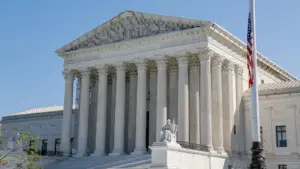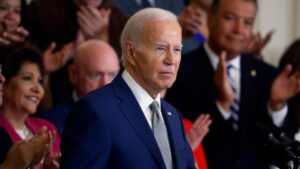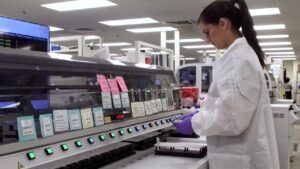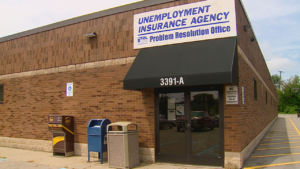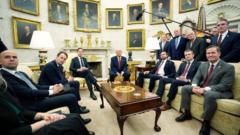Major chemical trade associations, including the American Chemistry Council and the American Fuel & Petrochemical Manufacturers, are formally requesting the Trump administration to grant an exemption from recently established pollution regulations. These new rules, initiated under the Biden administration, mandate stringent measures to monitor and curtail emissions of hazardous air pollutants, including ethylene oxide—a known carcinogen integral to various products like antifreeze and plastics.
Chemical Industry Requests Pollution Regulation Exemption from Trump Administration

Chemical Industry Requests Pollution Regulation Exemption from Trump Administration
Industry advocates seek reprieve from new pollution limits aimed at reducing toxic emissions linked to health risks such as cancer.
In a letter dated March 31, the industry groups emphasized that the financial burden of complying with these regulations would be overwhelming, projecting costs beyond $50 billion. This figure starkly contrasts with the Environmental Protection Agency’s (E.P.A.) estimate of $1.8 billion, complicating the timeline for implementation due to cost-prohibitive measures. The E.P.A. recently indicated that companies could apply for waivers under specific provisions of the Clean Air Act—the criteria include circumstances where the necessary technology to comply does not exist and exemptions align with national security interests.
The push for a temporary presidential waiver by the chemical sector highlights the ongoing tension between environmental regulation and industrial operation, as advocates challenge the viability and timing of new requirements that they argue may be economically unfeasible.
As the debate unfolds, the E.P.A. is expected to engage in discussions regarding these exemption requests, weighing the potential health implications against the industry's economic concerns.
The push for a temporary presidential waiver by the chemical sector highlights the ongoing tension between environmental regulation and industrial operation, as advocates challenge the viability and timing of new requirements that they argue may be economically unfeasible.
As the debate unfolds, the E.P.A. is expected to engage in discussions regarding these exemption requests, weighing the potential health implications against the industry's economic concerns.




